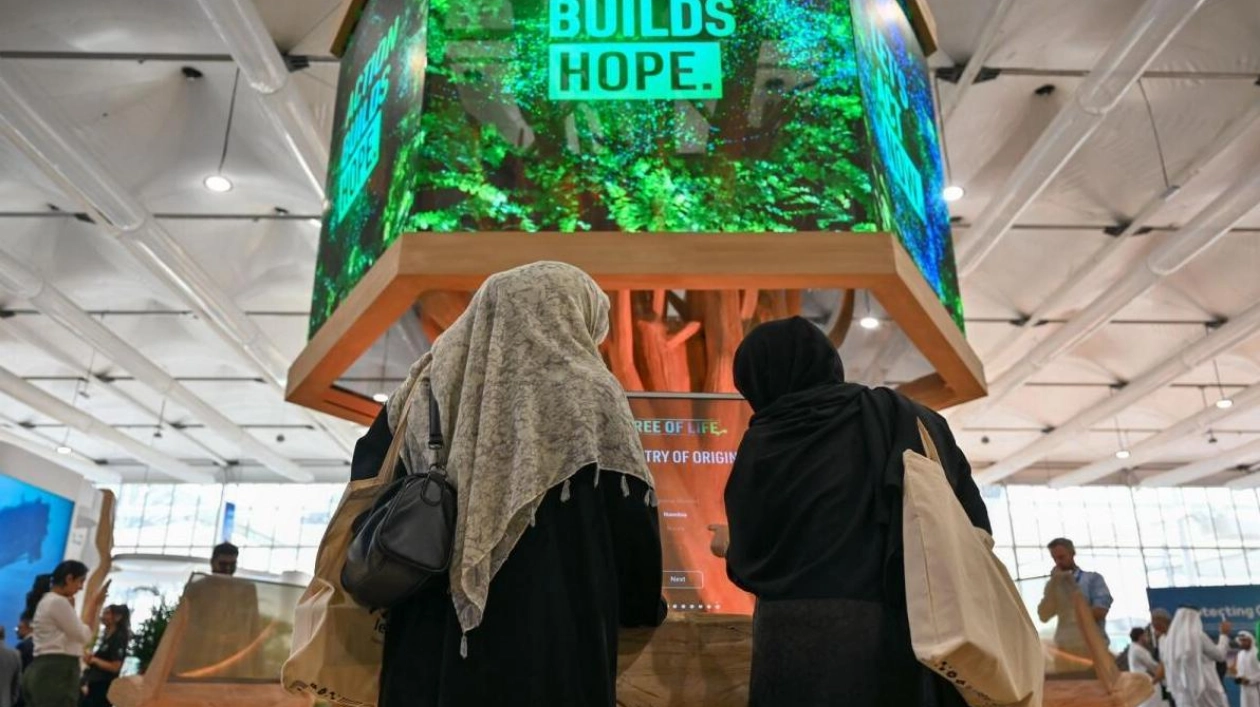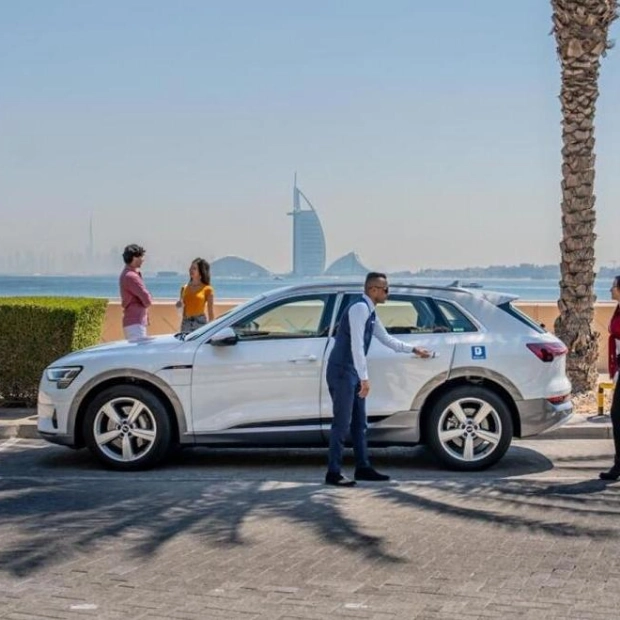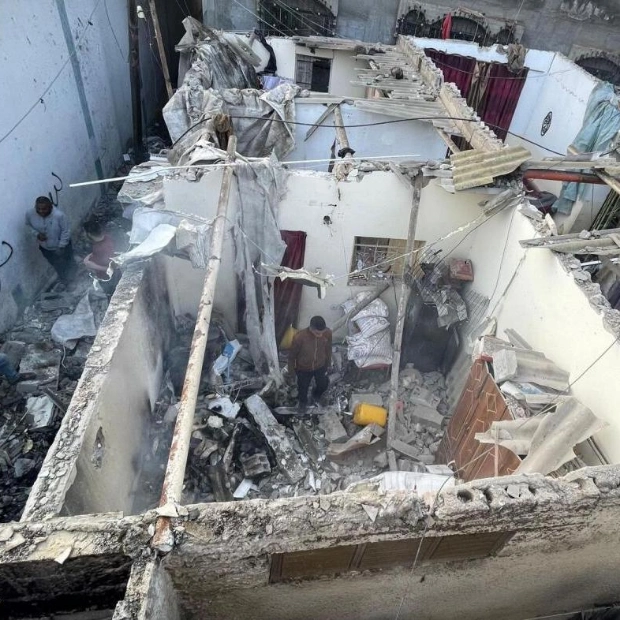Visitors pledge their commitment at the AI-driven interactive digital art installation 'Tree of Life' at the Energy Hub during COP28 in Dubai. As cities in the UAE and Gulf region develop, they encounter escalating issues related to rapid urbanization, energy use, and environmental sustainability. Smart buildings, home automation, and REMS (Room Energy Management Systems), empowered by enterprise IT advancements, smart technology, security, and building automation, present transformative solutions to these challenges. These technologies optimize energy consumption, enhance security, and improve urban infrastructure functionality, paving the way for sustainable and future-proof cities.
At the heart of smart buildings is the integration of various systems through enterprise-level IT infrastructure. These systems combine HVAC, lighting, energy management, home automation, hotel guest room management, and security into a unified network that collects and analyzes data in real-time. For instance, an integrated Building Automation System (BAS) enables facility managers to remotely monitor and control building operations. Similar home automation systems can be implemented in villas, and REMS in apartments. IoT sensors embedded in key systems gather data on energy usage, occupancy, and environmental conditions, while advanced analytics platforms optimize these operations.
According to McKinsey, smart technologies can decrease building energy consumption by up to 20% and water consumption by up to 30%, showcasing their potential to deliver both environmental and financial benefits. The UAE and Gulf region face distinct energy challenges due to their harsh climate, where cooling often accounts for over 70% of electricity usage in some buildings. Smart buildings tackle these inefficiencies through dynamic energy management. Incorporating advanced REMS and lighting technologies further boosts sustainability. LED lighting integrated with motion and passive infrared (PIR) sensors ensures lights are only used when needed.
Security is a cornerstone of smart infrastructure, especially in high-stakes environments like financial districts and luxury residences. Advanced surveillance systems, powered by AI and machine learning, detect and respond to threats in real-time. Smart access control systems using biometrics, mobile-based ID tags, and facial recognition enhance security while simplifying user experiences. Several commercial and residential towers in Dubai utilize AI-powered security systems that seamlessly integrate with enterprise IT networks, ensuring both safety and operational efficiency. Additionally, cybersecurity is crucial in safeguarding the digital infrastructure of smart buildings.
Beyond efficiency and security, smart buildings offer personalized, connected experiences for occupants. From intuitive room control systems to Smart Energy Management Systems, technologies are reshaping how people interact with their spaces. The economic benefits of smart buildings are substantial. A study by MarketsandMarkets forecasts the global smart building market to reach $121.6 billion by 2026. For the UAE, this growth aligns with its ambitious goals for sustainable urban development, including the Dubai 2040 Urban Master Plan and the UAE Net Zero by 2050 initiative. Environmental impact is equally significant. A KPMG report found that green buildings can result in a 35% reduction in emissions and a 20% reduction in maintenance costs.
Implementing smart building technologies involves overcoming operational costs and integration challenges. However, public-private partnerships, regulatory frameworks, and government incentives are driving adoption. For organizations involved in smart technology, security, and building automation, the future lies in creating scalable, secure, and sustainable solutions. By doing so, we can help shape urban environments that are not only intelligent but also resilient and inspiring, serving as a blueprint for the cities of tomorrow.
Source link: https://www.khaleejtimes.com






